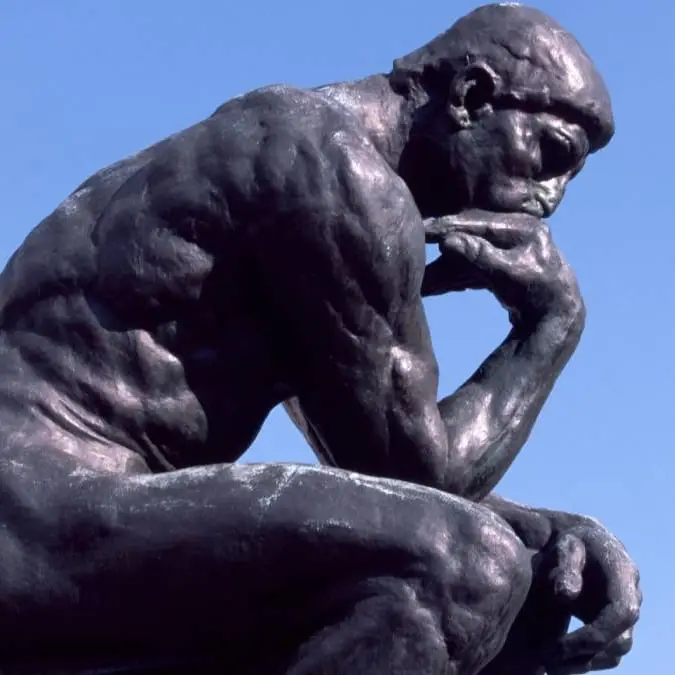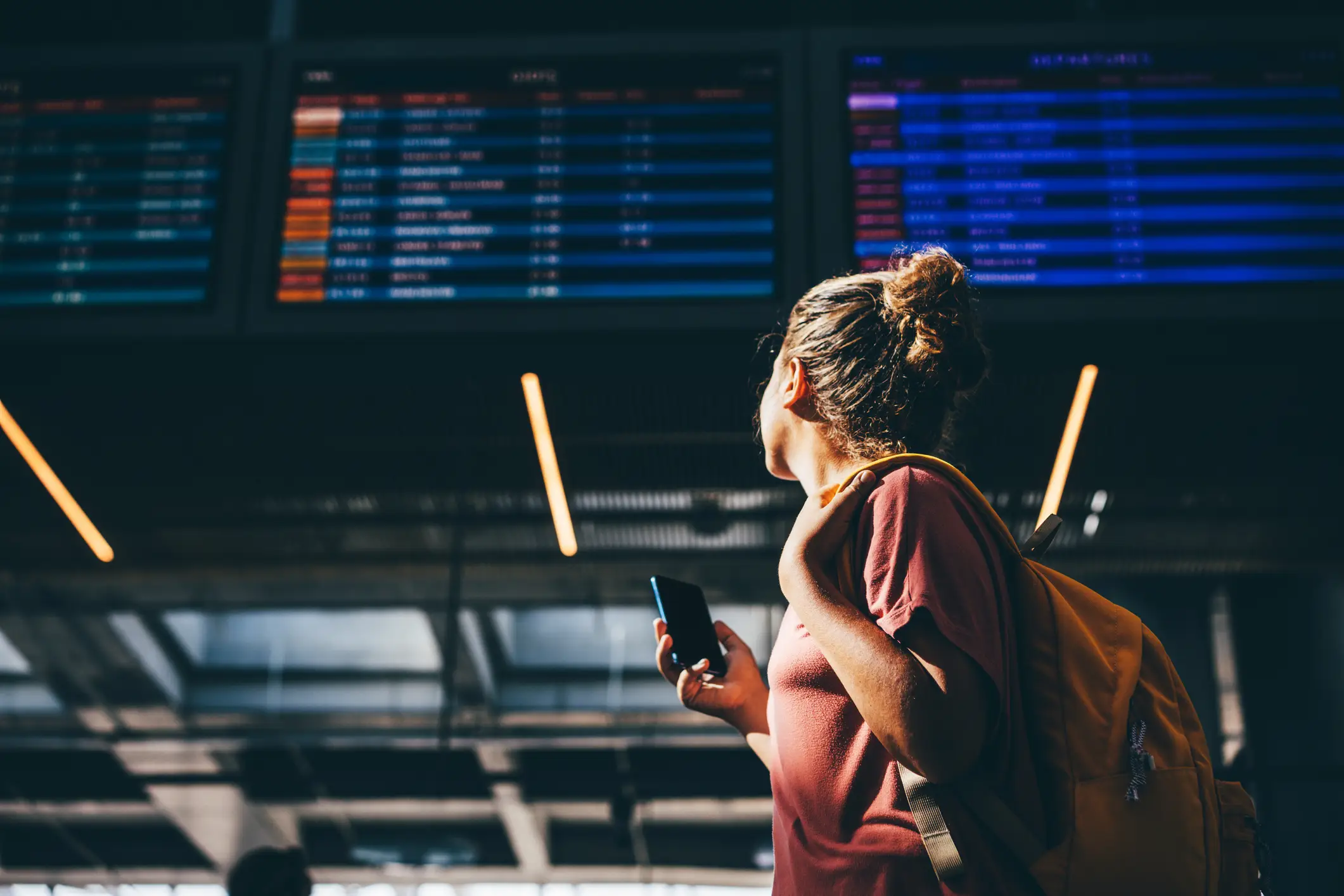
Scientists have discovered why a bizarre glitch occurs in the human brain.
If you've ever stuck with a difficult route just to avoid backtracking, science finally has an explanation.
Researchers at the University of California, Berkeley, have identified a new type of cognitive bias that apparently makes people reluctant to choose easier options in life.
Dubbed as the 'doubling-back aversion,' people are less likely ot follow a more efficient solution if they have to double back on themselves.
Advert

How does cognitive bias work?
After studying over 2,500 participants, some UC Berkeley students and others were volunteers recruited through Amazon’s Mechanical Turk, the psychologists discovered a pattern.
It turns out that people routinely reject more efficient solutions when those solutions require retracing their steps, even when the alternative saves time and effort due to fear of adding more to their workload.
“Participants’ aversion to feeling their past efforts were a waste encouraged them to pursue less efficient means,” the researchers wrote in the study that was published in Psychological Science.
To illustrate this bias, the researchers used a travel scenario. In their paper, they provide the example of someone whose flight from San Francisco to New York gets delayed in Los Angeles.
The person is offered two options that both save three hours of travel time. One route goes through Denver, while the other requires flying back to San Francisco first. The paper notes that despite identical time savings, people overwhelmingly prefer the Denver option simply because it doesn't involve backtracking.

Testing the theory
The researchers designed four different experiments to test their hypothesis.
Some participants navigated virtual reality paths, while others completed word-recitation tasks. Across both tests, the results consistently showed people avoiding solutions that felt like going backwards.
In one example, participants had to recite words starting with 'G'. Midway through, they could switch to words starting with 'T' (a likely easier letter).
In the control group, participants starting with a new letter would continue their progress in the experiment. However, in the other group, their choice to change the letter would delete their progress and begin as a new task.
The results showed that when the choice was framed as simply continuing with a new letter, about 75% of people switched. When changing the letter meant starting over, only 25% of those tested made the switch.
Interestingly, both groups were given progress bars, allowing them to see they would perform the same amount of work no matter the choice.
“When I was analyzing these results, I was like, ‘Oh, is there a mistake? How can there be such a big difference?'” said lead author Kristine Cho, a behavioural marketing PhD student at UC Berkeley’s Haas School of Business.
While this bias is similar to the sunk cost fallacy – where people stick with bad decisions because they've already put time or money into them – researchers say doubling-back aversion is a different type of mental trap.
More research is needed to fully understand when and how often this bias occurs, but it's oddly reassuring to know there's a scientific explanation for those moments when we stubbornly stick with the harder route sometimes.